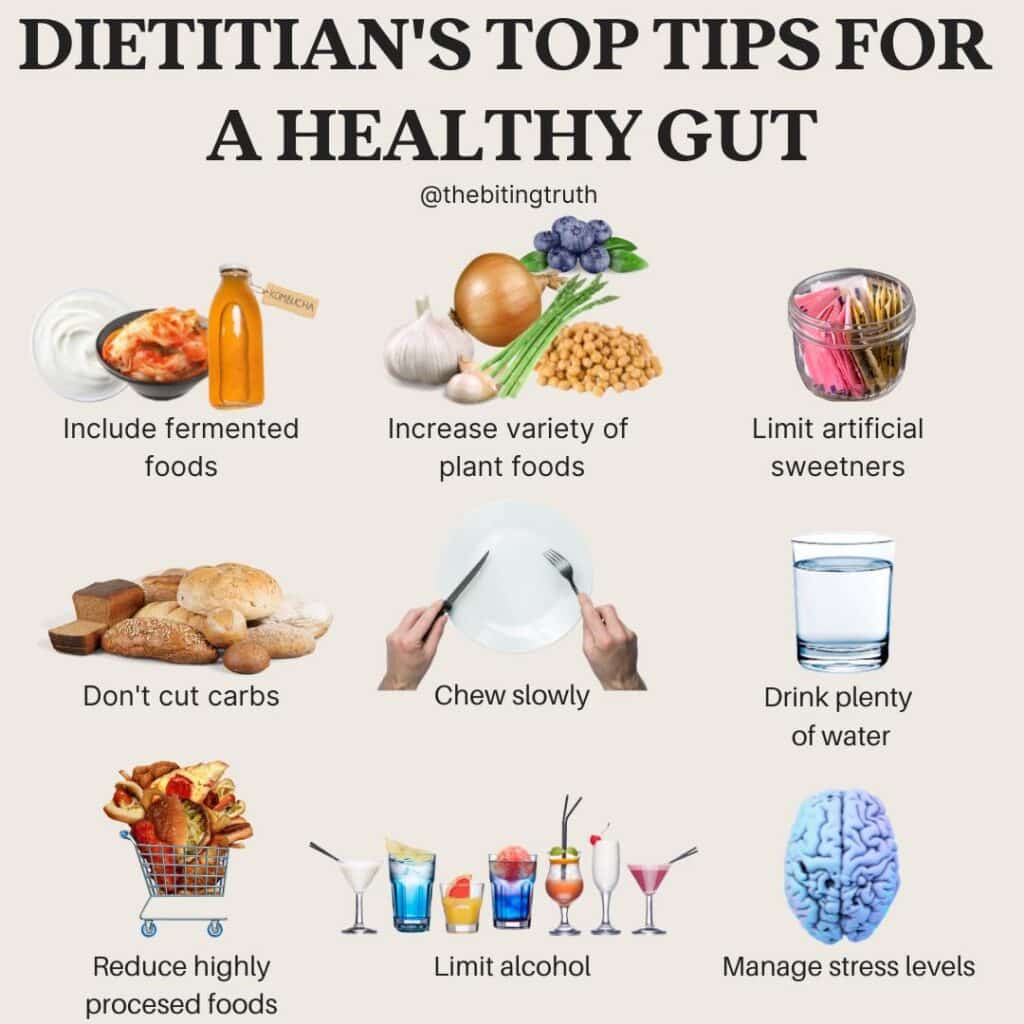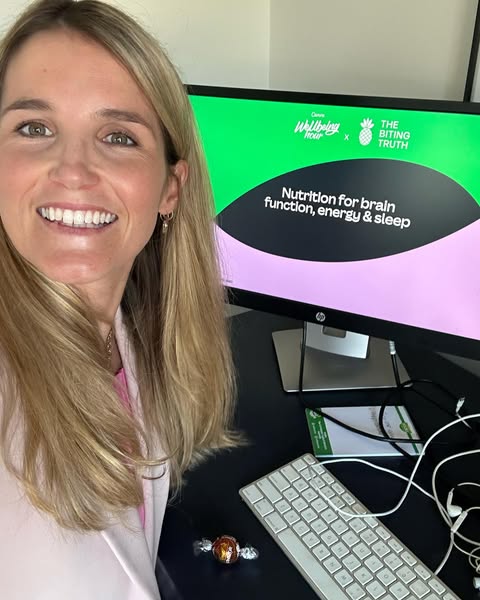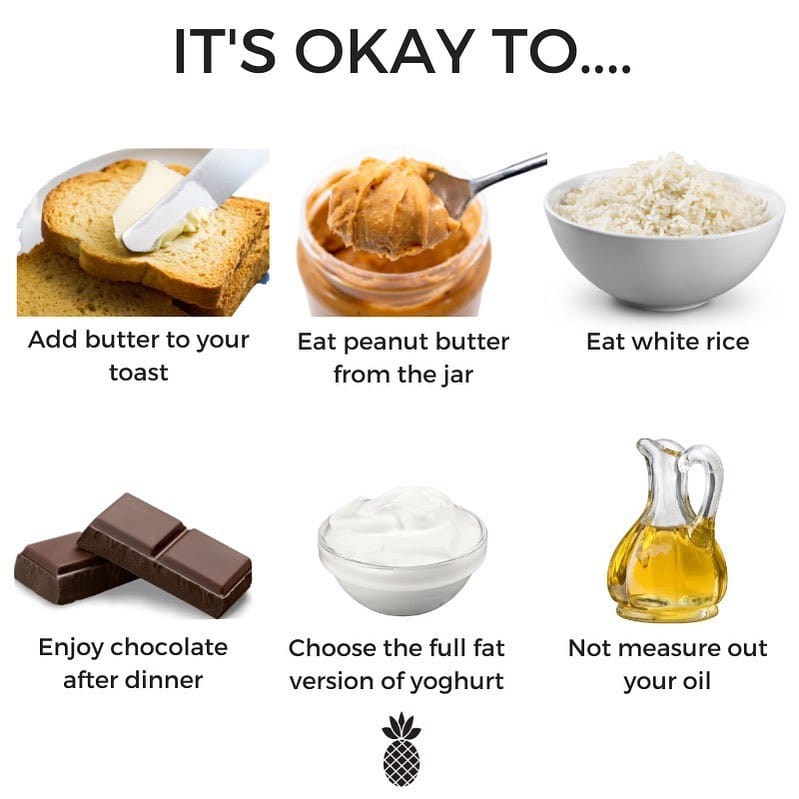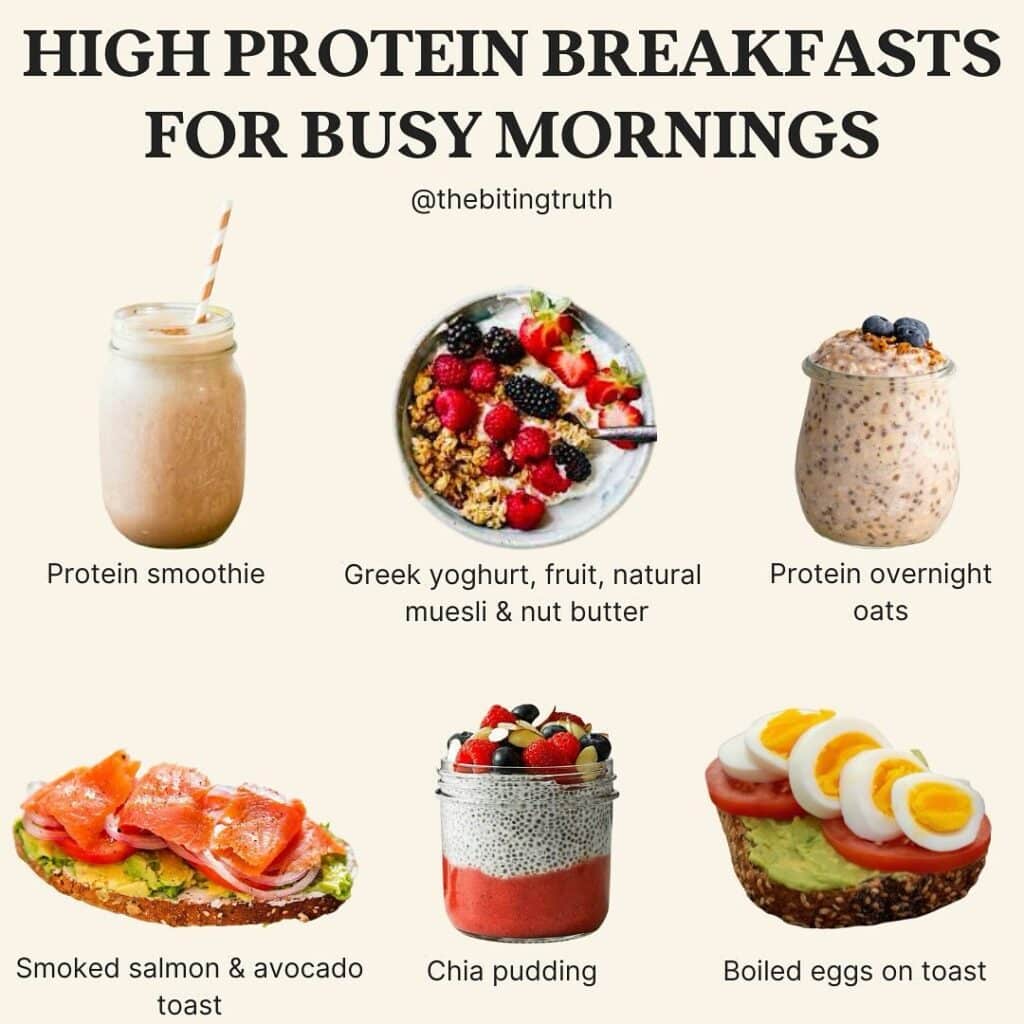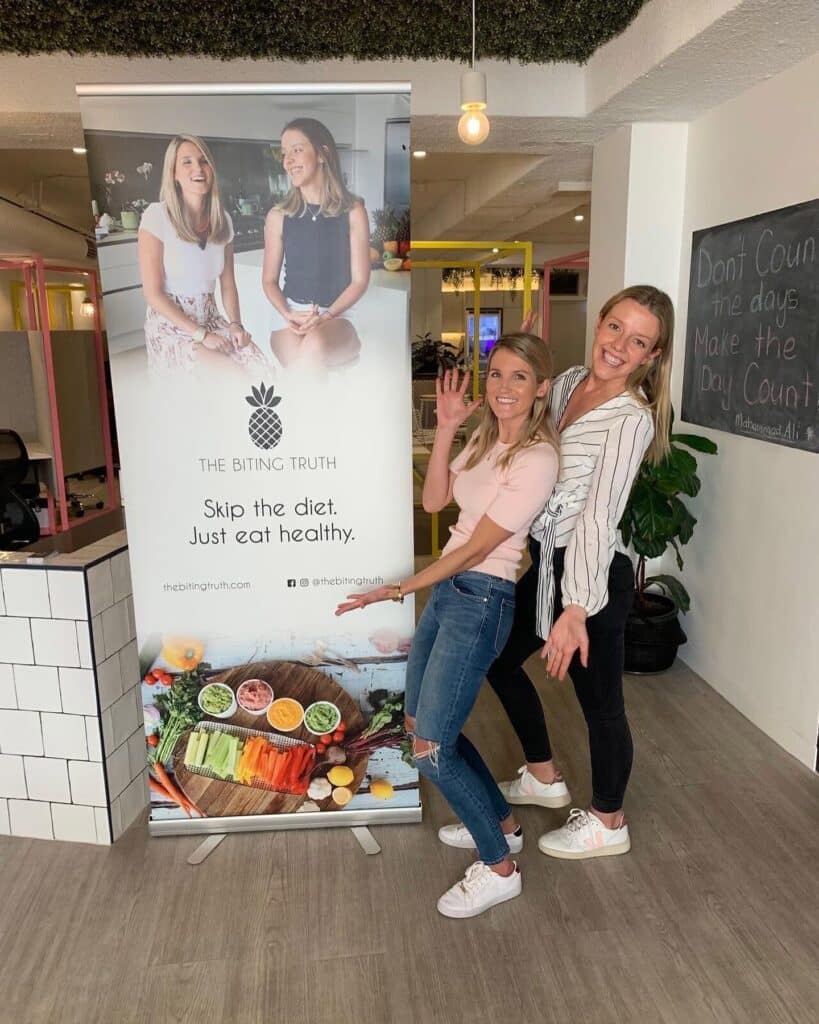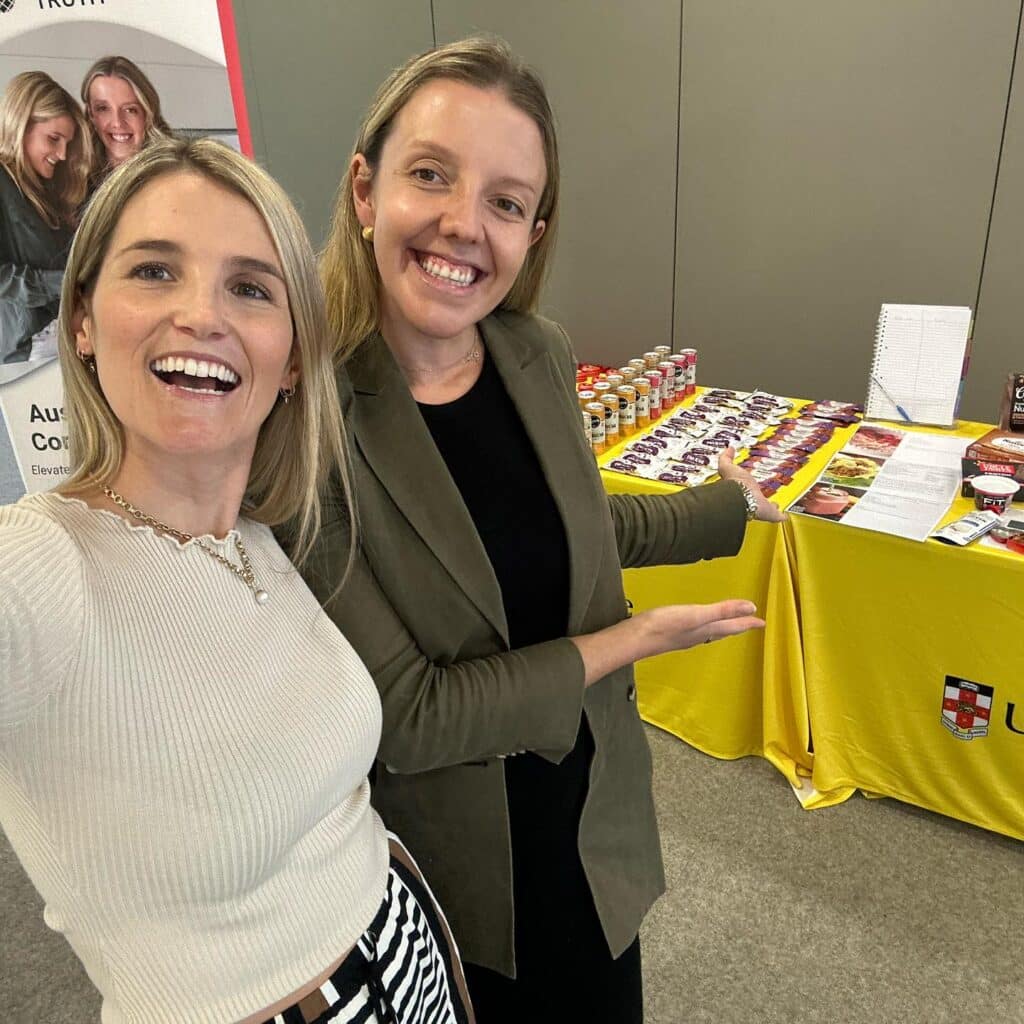Free shipping for orders over $80
Free shipping for orders over $80
Netflix’s new drama Apple Cider Vinegar hit hard.
As a dietitian, I remember when this story first unfolded back in 2014—I was all over it. It was shocking then, and honestly, watching it play out on screen stirred up a mix of emotions—outrage, sadness, and also relief that this message is finally reaching the masses.
The series follows Belle Gibson, an Australian influencer who built an empire on a completely fabricated terminal illness, and ‘Milla Blake’ (not her real name), who leads her mother down a dangerous rabbit hole of alternative medicine over real treatment.
This isn’t just a dramatic Netflix story—this is real life. And as dietitians, we see firsthand how damaging the wellness industry can be when misinformation takes hold.
Let’s break down the biggest concerns this series brings to light.
We’re wired to trust people who look good, sound confident, and tell a compelling story.
That’s why a glowing influencer raving about celery juice as a “miracle cure” often seems more convincing than a Harvard-trained doctor carefully explaining the complexities of health.
The wellness industry knows this—and exploits it.
Confidence, aesthetics, and a good backstory sell.
But here’s the problem: health isn’t about looking good or following trends. And unfortunately, real experts often struggle to cut through the noise when misinformation is packaged so well.
A recurring theme in Apple Cider Vinegar is the idea that mainstream medicine is failing us. This mirrors a common tactic used by wellness influencers: they paint doctors as cold, money-driven, and only interested in prescribing drugs, while positioning themselves as the ones who truly care.
Gwyneth Paltrow, self-proclaimed “wellness coaches,” and countless influencers have built their brands on this kind of messaging.
But here’s the truth—science-backed medicine saves lives. Sure, the healthcare system isn’t perfect, but dismissing it entirely in favour of influencer-endorsed pseudoscience isn’t just misleading—it can be dangerous.
There’s a moment in Apple Cider Vinegar where Milla panics over eating a non-organic meal, and honestly, it’s unsettling to watch.
It highlights a real and growing problem: orthorexia, an unhealthy obsession with eating only “clean” or “pure” foods. Many people fall into the wellness trap thinking they’re improving their health, but extreme dietary rules—whether it’s juice cleanses, carnivore diets, or cutting out entire food groups—can quickly spiral into fear around food.
And here’s the kicker: wellness influencers rarely talk about this harm because fear sells. In many cases, they’re caught up in these obsessions themselves.
The wellness industry thrives on convincing people they have vague, undiagnosed conditions—ones that only their products can fix.
If you’ve ever been told you have “chronic adrenal fatigue,” “hormone imbalance,” or that feeling bloated is a sign of a deeper issue, you’ve seen this in action.
The reality? Most people experience bloating, fatigue, or occasional brain fog from time to time—it’s called being human.
But wellness gurus package these everyday sensations as “problems” that require expensive detoxes, supplements, and restrictive diets. It’s clever marketing, but at its core, it’s manipulation.
Apple Cider Vinegar is more than just a drama—it’s a wake-up call.
The wellness industry is booming, but not everything it sells is backed by truth. While prioritising health is important, we need to be careful about who we trust. As dietitians, we encourage everyone to ask the hard questions: Is the person giving you health advice actually qualified? Are their claims backed by science? Are they using fear to sell you something?
When it comes to health, facts matter more than fads. Always question bold claims, look for evidence-based advice, and remember—real wellness doesn’t come in a bottle of apple cider vinegar.
—
Notes
